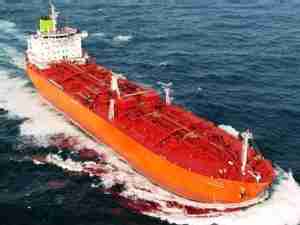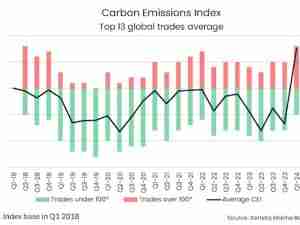- Establish an International Maritime Research Board with a mandate to direct and fund research and development of new and improved marine propulsion systems, electric generation plants, fuels, and ship design;
- Periodically review and modify EEDI standards to promote the introduction of increasingly carbon-efficient tonnage in the maritime fleet; and
- Reduce air emissions from the existing fleet through investments in energy-enhancing technology.
Statement of the World Shipping Council on the InfluenceMap Report on the IMO Carbon Debate
posted by AJOT | Oct 24 2017 at 10:13 AM | Maritime
The InfluenceMap “study” on the IMO’s greenhouse gas debate released today seriously misrepresents the World Shipping Council’s approach to reducing carbon emissions from shipping. Contrary to InfluenceMap’s assertions, WSC has offered concrete proposals for both short and long-term carbon reductions. In April of this year, WSC co-sponsored submittal MEPC 71/7/4, which proposed the following three core approaches to reducing CO2 emissions (repeated below verbatim from the paper submitted to the IMO):










